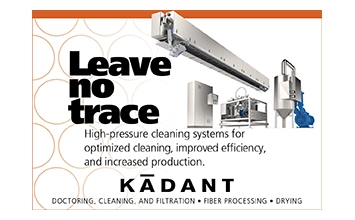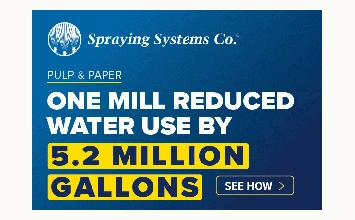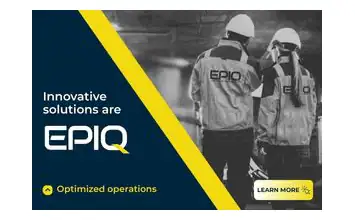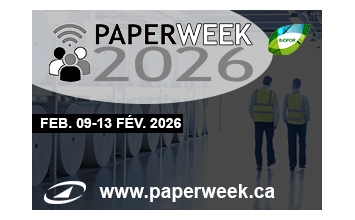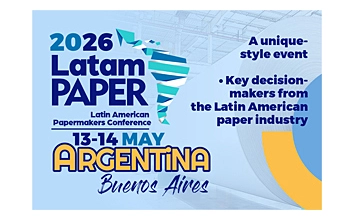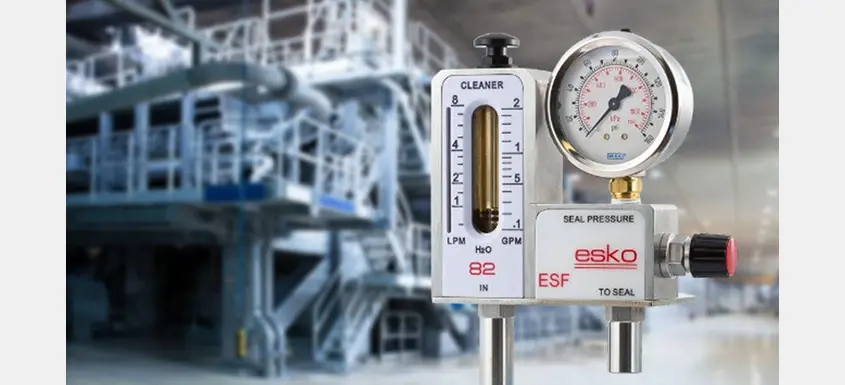EPR Regulations Reshape Packaging Strategy in the U.S.
As Extended Producer Responsibility (EPR) laws take hold across the U.S., businesses across the supply chain are preparing for significant changes in packaging compliance, cost, and design. Pregis, a provider of protective packaging solutions, recently published a blog article breaking down the implications of these regulations and the steps producers can take to stay ahead.
Seven U.S. states—Oregon, California, Colorado, Minnesota, Maine, Maryland, and Washington—have passed EPR legislation. Oregon will lead the way by collecting its first EPR fees in July 2025, signalling the start of a new era in packaging accountability.
Under EPR frameworks, companies that sell packaged products in covered states are financially responsible for the recycling of that packaging. Typically, this applies to brand owners rather than packaging manufacturers. Fees are calculated based on material type and weight and are used to fund recycling infrastructure and consumer education.
EPR addresses two critical challenges: the complexity of recycling certain materials and the chronic underfunding of waste management systems. In the U.S., these programs are currently managed by the Circular Action Alliance (CAA), a nonprofit producer-led organization. Collected fees are reinvested into collection systems, sorting facilities, and awareness campaigns, promoting a circular economy where recycled materials can re-enter the value chain.
All packaging materials—paper, plastic, metal, and glass—are affected. Costs vary depending on the recyclability of each material. Paper, with established collection and recycling networks, typically incurs lower fees than flexible plastics. Regardless of material, companies can expect packaging costs to rise—how much depends on their choices.
To prepare, companies must first understand their role in the supply chain. Producers are responsible for collecting packaging data, budgeting for fees, and potentially redesigning packaging to optimize recyclability and minimize costs. Suppliers, in turn, need to provide accurate specifications to support compliance reporting.
Lightweighting remains a key strategy to reduce EPR-related costs. By minimizing packaging weight and shifting from rigid to flexible formats, businesses can meet regulatory requirements while improving efficiency and sustainability. However, Pregis emphasizes that EPR fees should be considered as part of a broader cost analysis, which includes product protection, supply chain logistics, brand perception, and environmental performance.
Pregis concludes by encouraging businesses to adopt a proactive, data-driven approach to packaging strategy. In a fast-evolving regulatory landscape, informed decision-making is essential to balancing compliance, cost, and sustainability goals.
Pregis is a global provider of high-performance protective packaging solutions, serving customers across North America and Europe. The company offers a broad portfolio of materials, equipment, and services designed to reduce damage, improve logistics efficiency, and support environmental goals. Committed to circular economy principles, Pregis helps companies transition to more responsible packaging through innovation, data-driven insights, and sustainability-focused partnerships.












